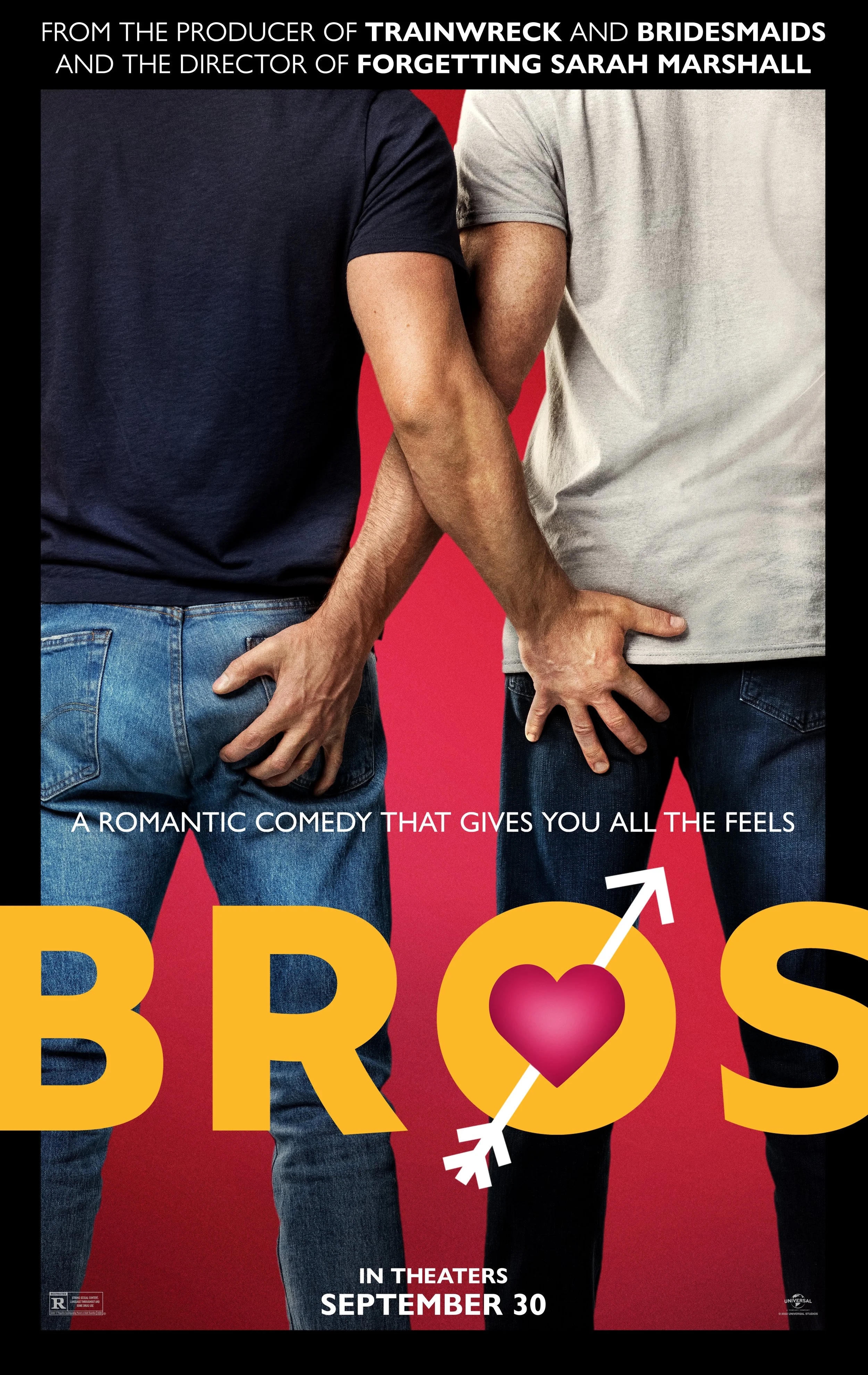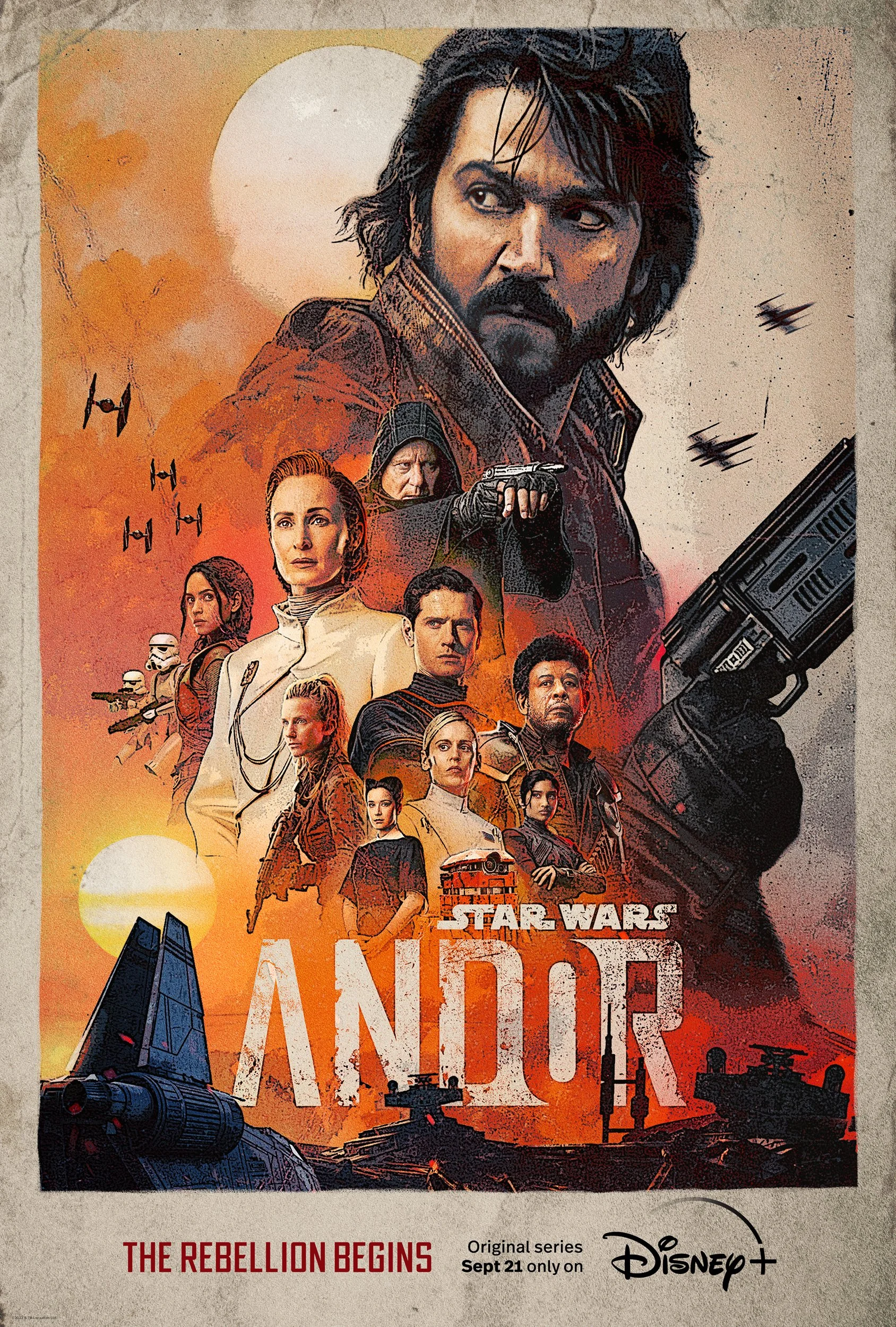'Don't Worry Darling'-You'll Predict the Twist
God bless Florence Pugh. She comes into a film, gives a verbose performance, is underpaid by the production, and manages to stand out in a film that's less of a mind trip than it thinks it is. Actress turned director Olivia Wilde makes a film that toys with notions of reality and happiness that have been beaten to the punch by superior pictures that cover the same themes.
Alice Chamber (Florence Pugh) and her husband Jack (Harry Styles) reside in Victory, California. A "safe and secure" reclusive town. Its citizens share a tight-knit lifestyle living on top of one another as a supportive community. The town's owner Frank (Chris Pine), emphasizes that Victory is a place shaping the world's future.
Shortly into the story, Margaret (Kiki Lane) has a mental breakdown at a neighborhood gathering. Margaret broke the only rule Victory impresses upon people, to not exit the town. Everyone who does so never returns. While the community turns a blind eye to Margaret's tragic psychosis, Alice dares to investigate. Progressively Alice begins to experience total irregularities in her everyday life. What used to seem normal rapidly spirals into a horror show.
The 1950s all-American lifestyle produces strong Truman Show vibes. The town of Victory seems artificial. The weather is always perfect; everyone's in a consistent cheery mood like they're in a commercial, and the grass is greener than ever. If that grass turns out to be astroturf, I wouldn't be the least bit surprised. Thanks to films about an altered reality that's been pumped throughout the last thirty years, it's challenging to be swooped by Don't Worry Darling's element of surprise. Thankfully DWD has enough gravitas in its aesthetics to hold my attention.
Olivia Wilde makes a technically impressive film. Katie Bryon's production design is ripped straight from a classic Macy's catalog. The architecture of Victory has the appearance of a Legoland castle. One you can't escape from. Matthew Libatique's cinematography paints the frame's canvas in magic hour orange, providing a humble, comfortable feeling to distract the viewer from what's really going on. To help everything come together is a silky smooth job done in the editing room by Affonso Gonçalves. As things head south for Alice, the film cuts progressively faster, but not so rapidly where the picture starts to get choppy. Unfortunately, technicalities alone can't save, Don't Worry Darling from treading very familiar territory.
Good enough isn't the intention behind Don't Worry Darling, but it is the effort the film gives off. When asking why to the various questions, such as why can't these people leave this town, what influenced them to stay there, or what happens if someone escapes are all left in the dust for tense moments of Florence Pughe losing her marbles. Because it's not a Florence Pugh movie if she isn't having a dramatic existential crisis complete with a full-blown cry face, joking aside, if not for Pugh's effort, Don't Worry Darling could be a bigger snooze than it already is.
The big reveal in Don't Worry Darling isn't much of a revelation. What should have me gasping with shock left me yawning in the theater. It's as if half an idea was written for the film, but the writers didn't know where to go beyond that. Where the Wachowskis knew where to take Neo after he woke up in the real world, and Peter Weir had a proper buildup to Truman escaping the television set, Olivia Wilde slams the breaks where the movie could have used more gas. Past the concept of escaping reality, Don't Worry Darling offers mild thrills over thought. Wilde gets the job done for pure entertainment value but at the cost of providing a memorable picture. What could be said about sexism, the nuclear family, or loss comes crashing to a halt by the film's abrupt ending.



